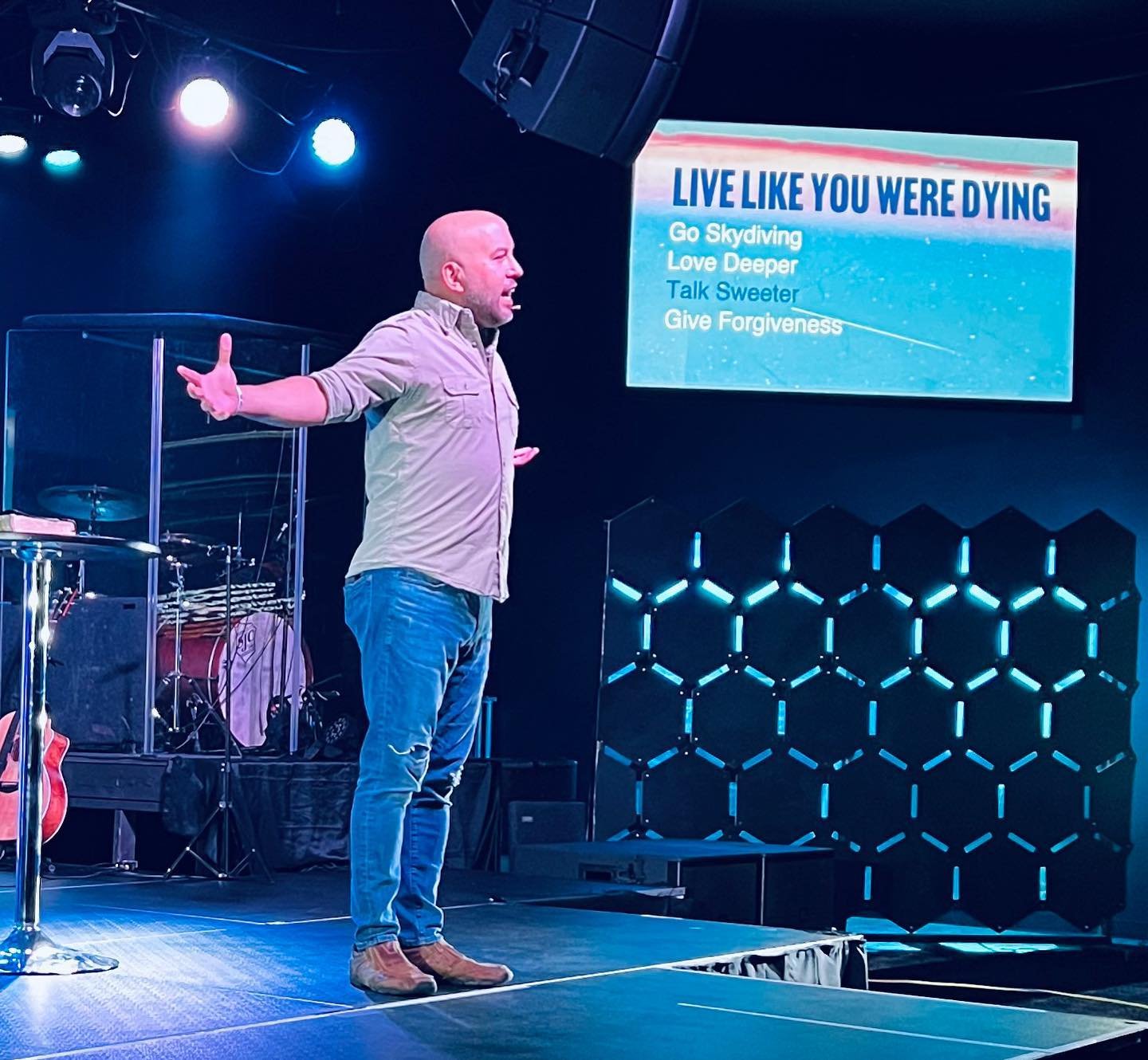Thinking of starting a new church from scratch?
Got the itch to "graduate" from leading the youth group to becoming the lead pastor of your own thing?
Sure, church planting looks hot and sexy on Instagram, but take it from me, there are 5 Reasons Church Planting Will Ruin Your Life:
5. Get Used To Being Broke.
You will never have all the resources you used to have at your cushy, all-expenses-paid, endowed former established church. Church planting is like Adulting for Church Leaders: you'll learn very quickly that receipts matter and you'll have to get used to raising cash for your salary and ministry needs.
The good news? You're reaching people far from God. The bad news? Baby Christians don't tithe.
There's a reason the Apostle Paul wrote so many fundraising letters (I'm looking at you, 2 Corinthians). Stop whining and get used to it.
4. Get Used to Being Misunderstood.
You're a dreamer, like Joseph. You can pitch a crowd on what could be and what should be with both hands tied behind your back and blindfolded. Vision is just your thing.
And because you're seeking to persuade people to join your cause, you will be misunderstood. Some church people will assume you're in it for the money (*ahem* See #5 above). Others will think you want to become the next attention-starved Celebrity Pastor.
Here's the thing: They won't actually come to you with their "concerns." Instead of a face-to-face conversation, misunderstandings happen through behind-the-scenes condemnation. You'll be going through life, doing ministry, minding your own business when WHAM-O! You're socked from the rear by a book-length Facebook post that tags everyone in your church.
Not cool, but it really does happen. A lot.
Whatever the case, just remember that passive aggressiveness is not a fruit of the Spirit. Put on that Ephesians 6 Armor and suck it up because being misunderstood sucks.
3. Get Used to Having Zero Vacation Time.
When you're the only staff member on staff, who can you trust to fill in for you? Further, if you really do believe that every Sunday is somebody's first Sunday, do you want their first Sunday to be a JV experience?
You see, it's not that you don't have dedicated, carved out vacation time on the calendar... It's that you are constantly in Vision / Survival Mode and it requires your direct attention. This makes missing a Sunday nearly impossible. Is this healthy? No, and that is why you will need to really think through a strategy for getting dedicated time off to recharge your batteries.
2. Get Used to the High Turn-Over Rate.
Just like Shakira's hips, statistics don't lie. Do you know what percentage of your church start-up will experience turnover two years in? 100%. That's right, complete turn-over.
Starting a church from scratch requires sacrificial amounts of energy, time, giving, and buy-in. It will wear on your people over time.
Get ready for experiencing pain. In fact, your pain threshold is also your leadership lid. Love people and hold them loosely with open hands. Bless them on the way out but don't be shocked when they're on their way out.
1. Get Used to Collapsing at Jesus' Feet.
At the end of the day, Jesus is the Senior Pastor of your church; you're just an undershepherd (see 1 Peter 5). This means that He is responsible for what happens in your church start-up, not you. It's His church, not yours.
And so you can cast your cares on Him because He really, really does care for you.
Collapsing at Jesus' Feet gets you off your pedestal and into a position of submission. Advancing the church on your knees is the best strategy for reaching people far from God.

































